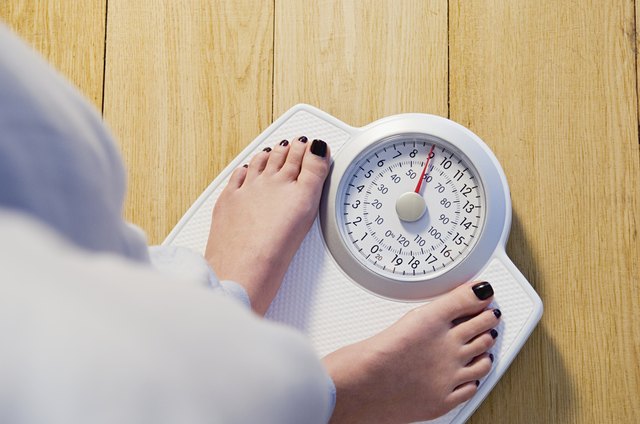Body mass index, or BMI, uses a simple equation to measure the relationship of your height to your weight, telling you if you have a healthy level of body fat.
Although BMI has long been used as a measure of body composition, it’s now considered a little too simplistic and not the most accurate assessment of health.
For example, healthy adults with a lot of lean muscle mass, like bodybuilders and other muscular athletes, will likely have a BMI that lands them in the overweight category.
You can’t adjust the BMI equation to account for an athletic build. It simply relates your height to your weight Instead, rely on other methods, including waist circumference, to determine if you’re at a healthy weight.
Is BMI Accurate if You’re Muscular?
Here is a BMI chart showing how these scores are interpreted, according to the Centers for Disease Control and Prevention (CDC):
|
BMI |
Category |
|---|---|
|
Below 18.5 |
Underweight |
|
18.5 – 24.9 |
Healthy Weight |
|
25.0 – 29.9 |
Overweight |
|
30.0 and Higher |
Obesity |
Source(s):
CDC. (2022). “About Adult BMI”
These classifications apply to the general population, in which a heavier weight is likely due to higher levels of body fat, not muscle.
Muscle is a denser tissue than fat, meaning the more muscle you gain, the more the number on the scale will climb. A higher number on the scale in turn becomes a higher BMI, which can sometimes be associated with health risks. That’s generally not the case with athletes who have a higher BMI because of muscle, not fat.
Using Waist Circumference Instead
Some experts recommend assessing your risk of weight-related health concerns by measuring the size of your midsection instead. This is called waist circumference, and the reason it can be a helpful measure is it estimates how much deep belly fat you’re storing.
That’s the type that gathers inside your abdominal wall and around your internal organs. It’s more harmful for your health than the fat that sits just under the skin at your hips, thighs, upper arms and belly.
A muscular build doesn’t exclude you from carrying belly fat, so athletes can use a tape measure to find their own waist size.
Healthy waist circumferences are considered under 35 inches for people assigned female at birth and under 40 inches for people assigned male at birth, according to the National Heart, Lung, and Blood Institute.
Learn how to measure your waist circumference.
Other Ways to Measure Body Fat for Athletes
There are a number of other tools you can use to get a general sense of your body composition, including the waist-to-hip ratio, the waist-to-height ratio and in-office body scans that calculate how much of your weight is fat versus muscle.
Each of these methods has their pros and cons. Learn more about how to use them and what the results mean.
And keep in mind that your weight isn’t the best indicator of your health, whether you’re an athlete or not. Regardless of your BMI or how muscular you are, you should talk to a doctor about health conditions that run in your family and your unique risks. They might want to keep an eye on numbers like your blood pressure, cholesterol and blood sugar to get a clearer picture of your health than the misleading estimate they get from BMI.
Read the full article here


